Enhance Space Efficiency with a Folding Partition Wall for Flexible Environments
Understanding Folding Partition Walls
What Are Folding Partition Walls?
Folding partition walls are innovative and versatile solutions designed for flexible space management. They consist of panels that can be easily retracted or folded to divide or create larger open spaces. This adaptability makes them ideal for use in various environments, ranging from commercial spaces and conference rooms to residential settings. A Folding Partition Wall can enhance the functionality of any area by allowing for quick reconfiguration to meet changing needs.
Key Benefits of Using Folding Partition Walls
Folding partition walls offer numerous advantages, contributing to their popularity across different settings:
- Space Efficiency: These walls can transform a large area into smaller, manageable spaces, which is especially useful in multipurpose environments.
- Flexibility: Easily adjustable, folding partitions accommodate various activities and gatherings, making them perfect for events, workshops, and meetings.
- Acoustic Control: Many folding partitions are designed with sound insulation properties, ensuring privacy and minimizing noise between adjacent rooms.
- Aesthetic Appeal: Available in a range of materials, colors, and designs, these walls can blend seamlessly with existing decor while providing functionality.
- Cost-Effectiveness: Compared to permanent construction, installing folding partition walls can be more affordable and less disruptive.
Common Applications in Various Spaces
Folding partition walls are utilized in diverse environments:
- Corporate Offices: In offices, these partitions can create private meeting rooms or collaborative workspaces, adapting to varying team sizes and project needs.
- Educational Institutions: Schools and universities can use folding walls to create classrooms that can be adjusted for group work or large lectures.
- Event Spaces: Convention centers and hotels rely on folding partitions for dynamic event setups, allowing different sessions or activities to occur simultaneously.
- Residential Homes: In homes, these walls can provide temporary space division, enhancing area functionality for family gatherings or hobbies.
Types of Folding Partition Walls
Accordion vs. Bi-Fold Folding Partition Walls
The two primary types of folding partition walls are accordion and bi-fold systems:
- Accordion Folding Walls: These walls consist of multiple hinged panels that fold neatly to one side, allowing for quick and easy transitions between open and closed configurations. They are ideal for larger openings where maximizing space is critical.
- Bi-Fold Folding Walls: Comprised of two or more panels, bi-fold walls operate like a set of doors, opening and closing in a linear motion. This type is suited for smaller spaces where a clean, traditional aesthetic is desired.
Materials Used in Folding Partition Walls
Folding partition walls are constructed from various materials, each offering unique benefits:
- Wood: Timber panels provide warmth and aesthetic beauty, often used in high-end residential or management environments.
- Aluminum: Lightweight and durable, aluminum frames are ideal for commercial use, capable of supporting glass or fabric panels.
- Glass: Glass partitions allow for natural light to flow between spaces while maintaining an open feel, making them a popular choice for modern offices and business spaces.
- Fabric: Some folding walls utilize fabric coverings for added sound absorption and aesthetic customization, suitable for creative environments.
Acoustic and Aesthetic Options
Acoustic performance is a significant consideration in the design of folding partition walls:
- Soundproofing Options: Many partition walls come with specialized acoustic treatments to minimize sound transmission.
- Visual Customizations: Users can choose from various finishes, colors, and textures, ensuring the partitions fit seamlessly with the existing décor.
Installation of Folding Partition Walls
Professional vs. DIY Installation
Installation of folding partition walls can be approached in two ways: hiring professionals or opting for a DIY approach.
While professional installation guarantees accurate measurements and expert knowledge, a DIY approach can save costs if the individual is handy and follows the product’s installation guidelines carefully.
Necessary Tools and Equipment
If tackling installation independently, the following tools may be essential:
- Power drill
- Measuring tape
- Level
- Screwdriver set
- Ladder (if necessary)
Steps for Proper Installation
For effective installation, follow these steps:
- Measure the Area: Begin by measuring the space carefully to ensure accuracy.
- Prepare the Surface: Ensure the area where the wall will be installed is clean, dry, and structurally sound.
- Install Track Systems: Attach the track system to the ceiling as indicated in the manufacturer’s guidelines.
- Hang the Panels: Follow the product instructions for hanging the panels securely within the track.
- Test the Operation: Ensure that the panels fold and unfold smoothly without obstructions.
Maintenance Tips for Folding Partition Walls
Regular Inspections and Cleaning
To keep folding partition walls functioning optimally, regular inspections are necessary. Cleaning panels and tracks can prevent dirt buildup and ensure smooth operation. It is advisable to use appropriate materials (non-abrasive cleaners) tailored to the materials used in your partitions.
Common Repair Techniques
As with any installation, wear and tear can occur. Here are some common repair techniques:
- Lubrication: If any noises or resistance is noted when operating the panels, applying silicone-based lubricant can resolve jamming issues.
- Panel Alignment: Ensuring the panels are correctly aligned in their tracks can prevent operational difficulties.
- Seal Repairs: For fabric or soft materials, stitches may be necessary to maintain aesthetics and performance.
Ensuring Longevity and Durability
To prolong the lifespan of folding partitions:
- Avoid placing excessive weight against the wall.
- Conduct periodic professional inspections for potential issues.
- Follow manufacturer guidelines for cleaning and maintenance.
Choosing the Right Folding Partition Wall
Factors to Consider Before Purchase
When selecting a folding partition wall, you must consider several factors:
- Space Dimensions: Measure the intended area carefully to choose a partition that fits and functions well.
- Weight Capacity: Consider the weight capacity of the wall, particularly if it will support heavy materials.
- Insulation Needs: Evaluate the sound insulation required based on the intended use of the space.
- Design Compatibility: Look for options that complement existing design aesthetics in your space.
Top Brands and Products on the Market
Some of the most reputable brands known for high-quality folding partition walls include:
- Hufcor: Renowned for durability and acoustic performance.
- Modernfold: Offers innovative solutions catering to flexible space management.
- Raydoor: Known for elegant design and functionality, particularly suited for upscale environments.
Cost-Effectiveness and Investment Value
Investing in folding partition walls is often more cost-effective than traditional construction alternatives. They not only save on building costs but also provide flexibility in how spaces are used, allowing for greater adaptability as needs change over time. The ability to reconfigure layouts without extensive renovations enhances investment value, making folding partitions an intelligent choice for both residential and commercial spaces.
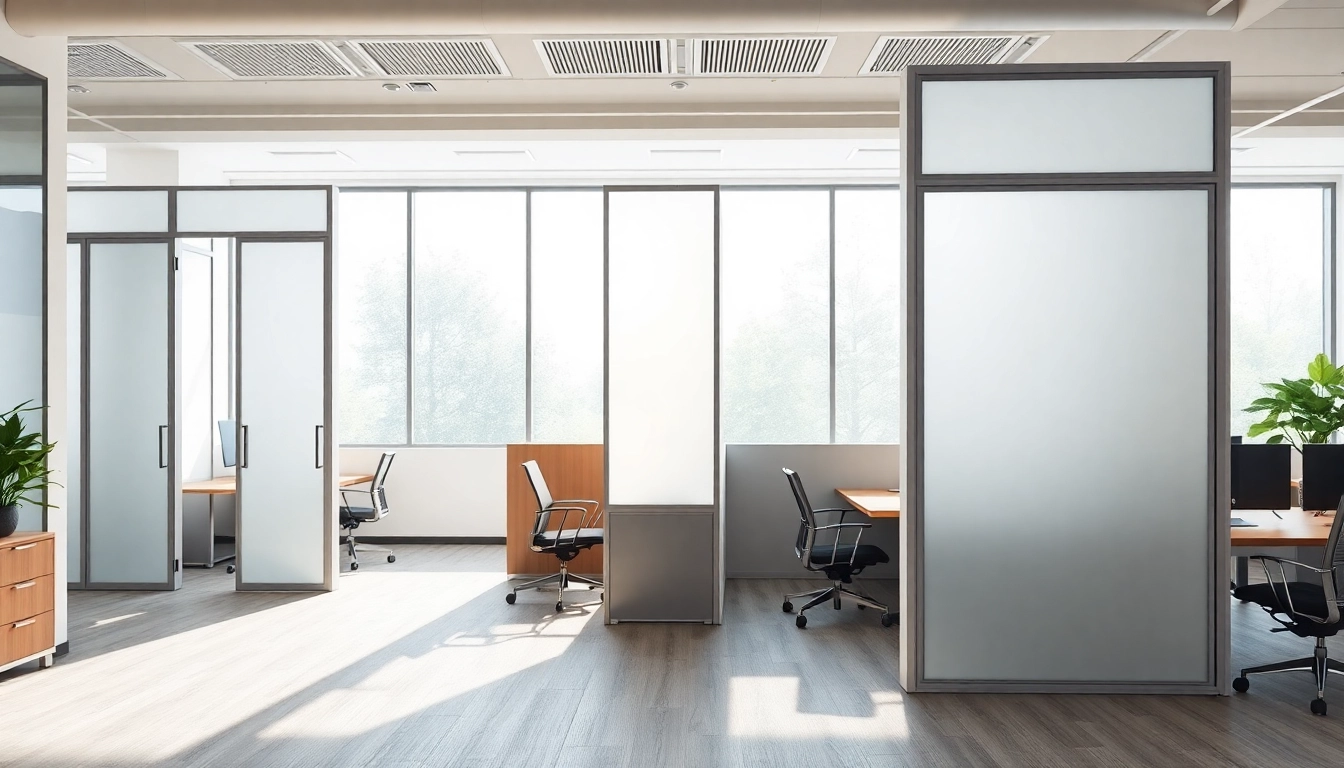
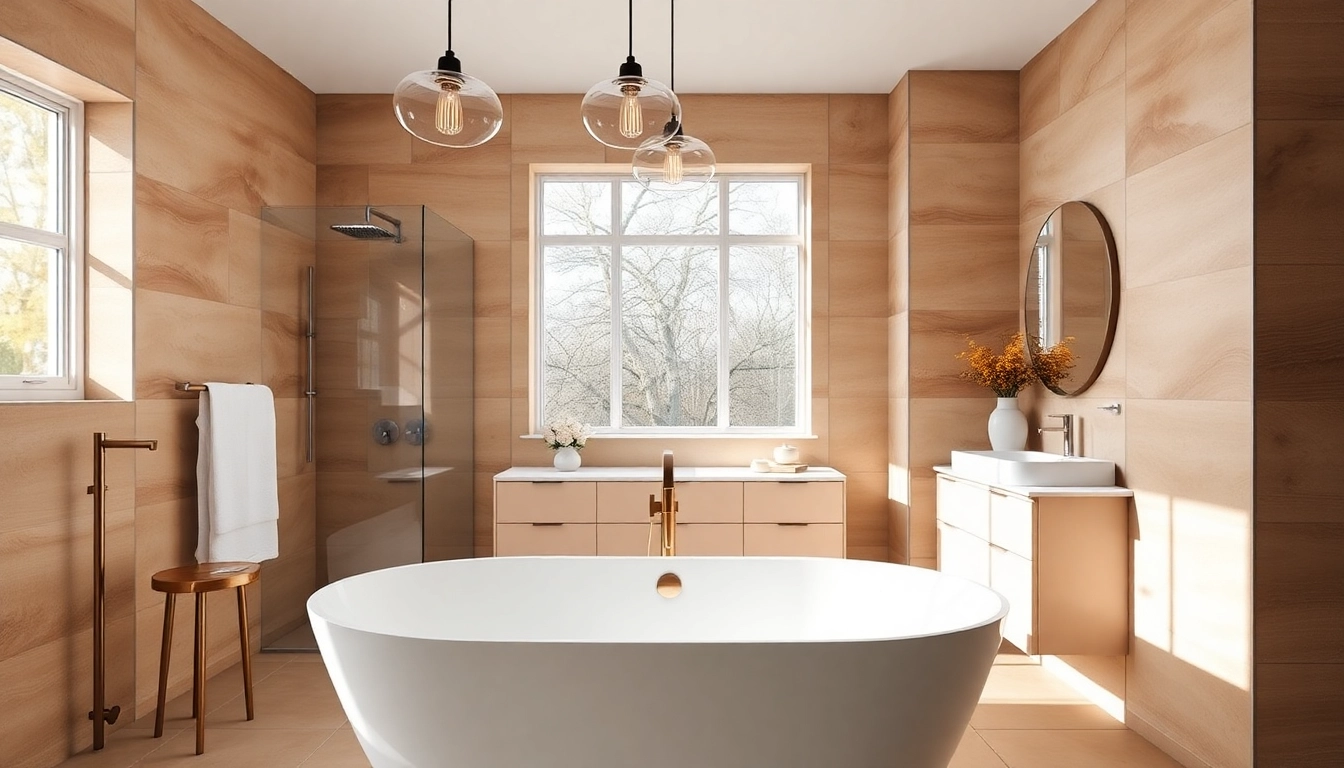
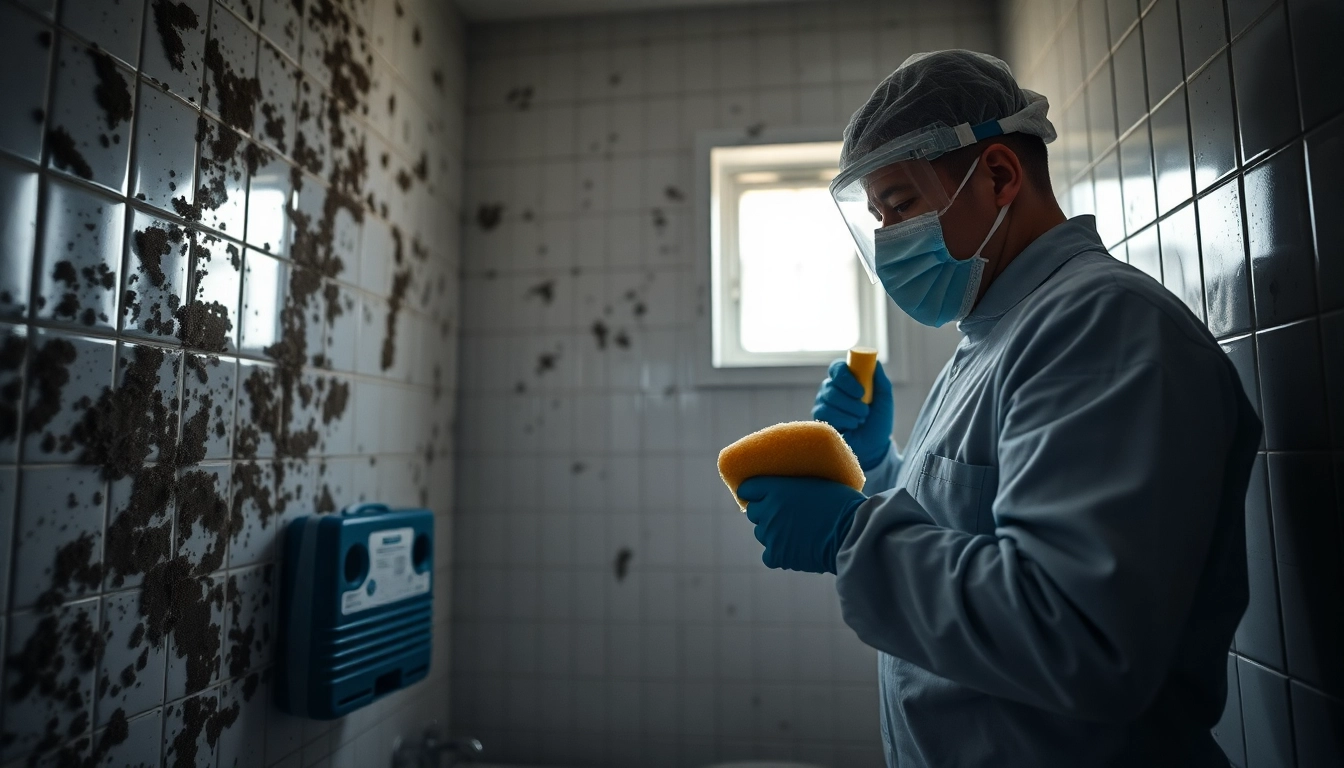
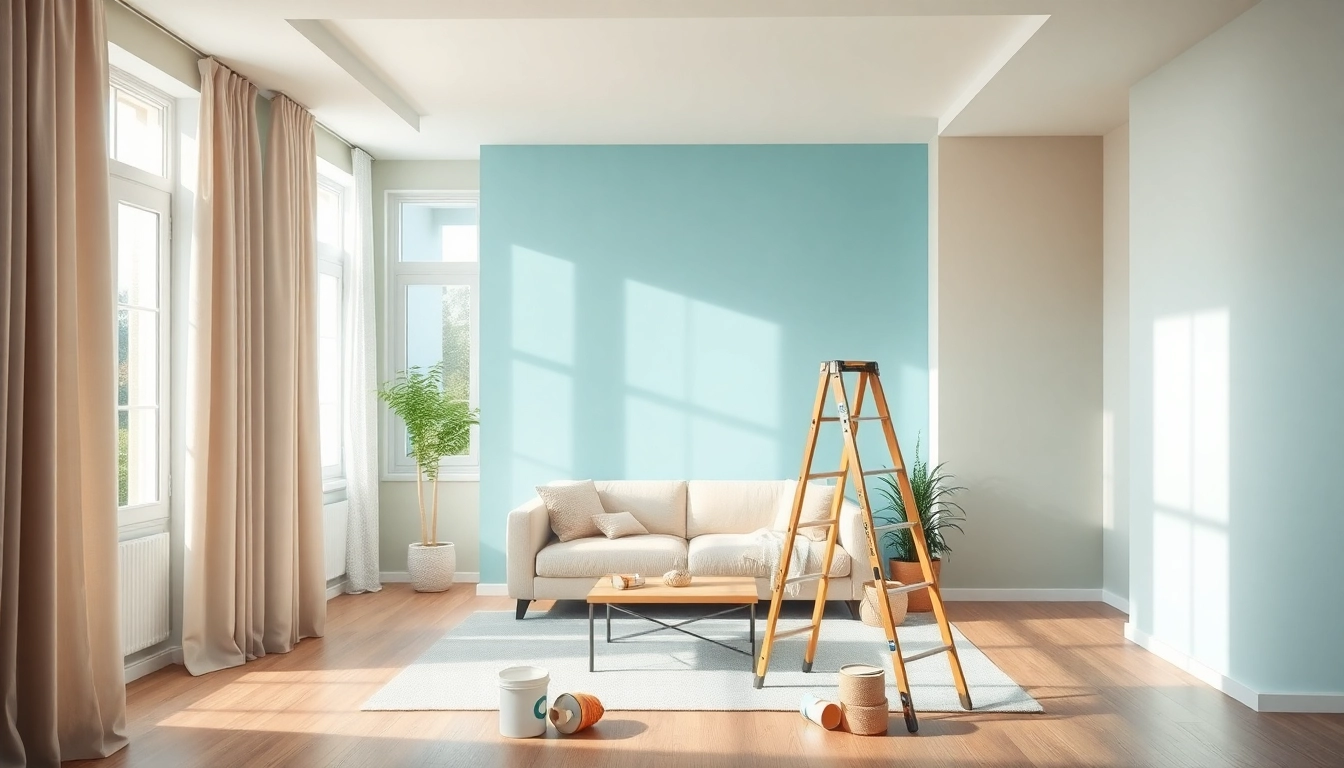
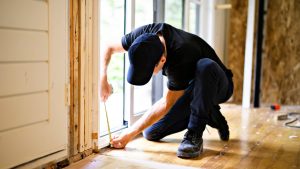
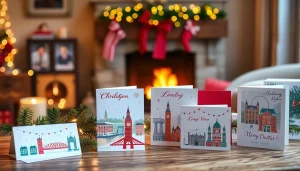








Post Comment